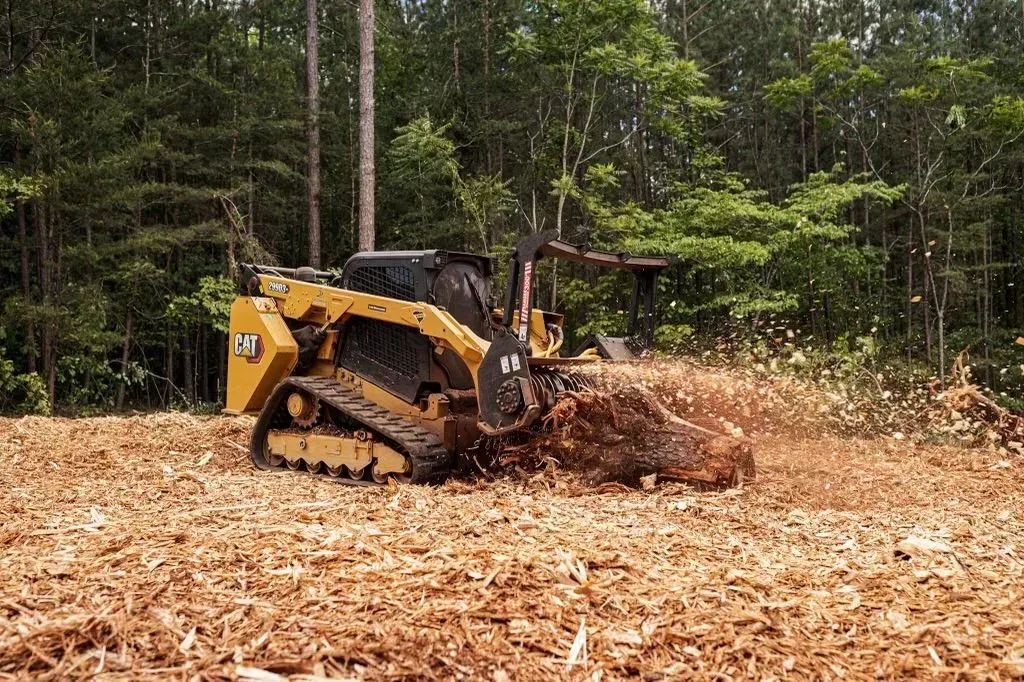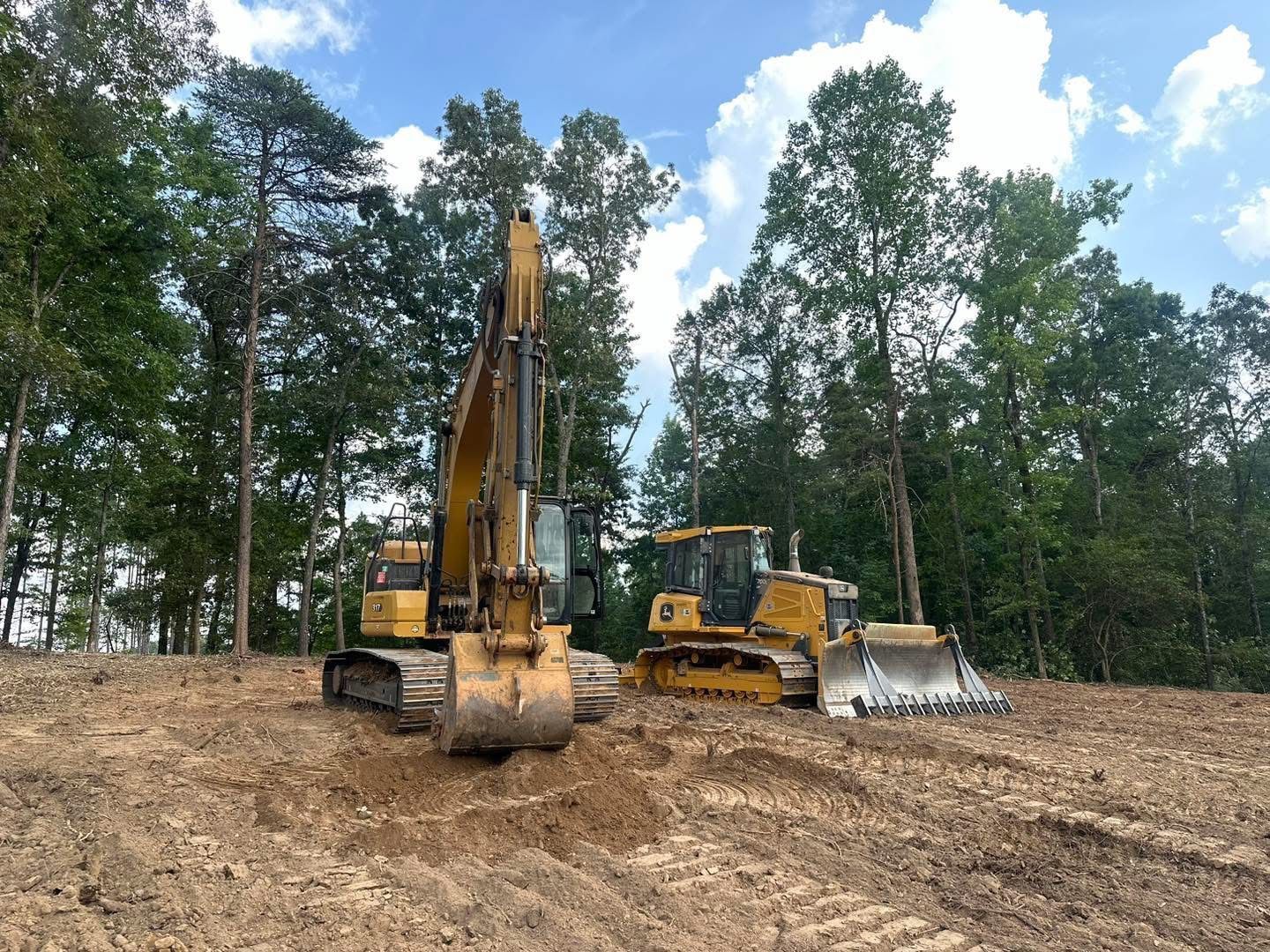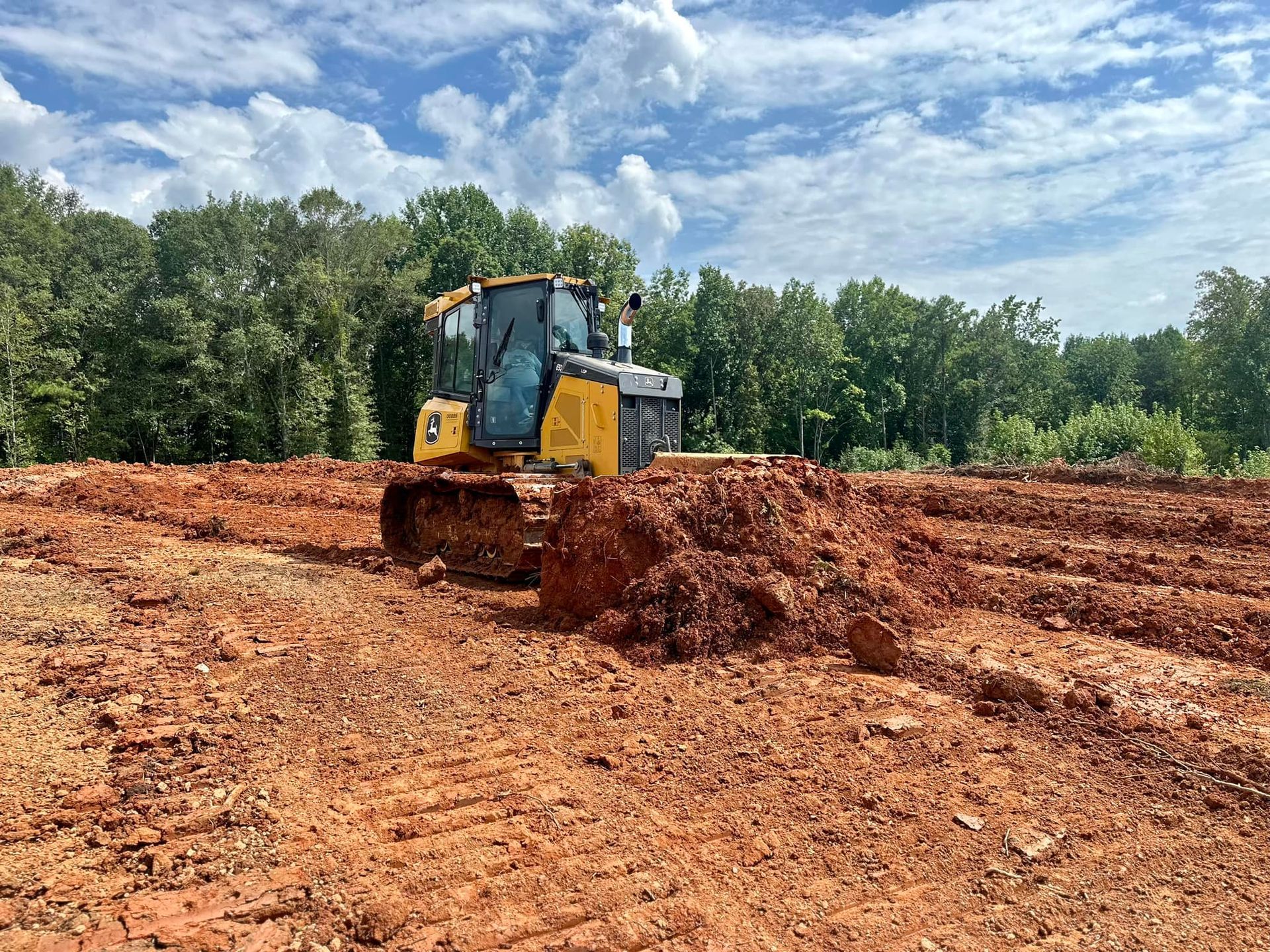Land Clearing Regulations You Should Know About in Spartanburg County, SC
Before breaking ground on any development project in Spartanburg County, SC, it is essential to understand land clearing regulations. Whether you're clearing a residential lot, preparing for agricultural use, or embarking on a commercial construction project, compliance with local laws ensures your project progresses smoothly and avoids costly penalties. Spartanburg County enforces specific ordinances to protect the environment, maintain public safety, and uphold property standards.
Land clearing is not just about removing trees and brush—it involves careful planning, permits, and consideration of environmental impacts. Ignoring local laws can result in delays, legal issues, and unexpected costs. By learning the county’s regulations beforehand, you’re not only protecting your investment but also supporting sustainable land use practices. From permit requirements to erosion control rules, it’s crucial to know what’s allowed and what isn’t.
In this blog, we’ll walk through the key regulations you should be aware of before beginning any land clearing work in the area.
1. Permit Requirements and Local Zoning Laws
In Spartanburg County, land clearing is not as simple as cutting down trees and removing brush. Before you begin, you may need a land disturbance permit, especially if your project exceeds a specific size (typically one acre or more). Zoning ordinances also play a role in determining what type of clearing is allowed in your area. Projects within city limits may face more stringent rules, while rural properties may have more flexibility.
2. Tree Preservation and Protected Areas
Certain types of trees—especially heritage or native species—may be protected under county or municipal regulations. Additionally, suppose your land falls within a protected watershed, wetland, or floodplain zone. In that case, you may be required to obtain additional permits from the South Carolina Department of Health and Environmental Control (DHEC). Unauthorized clearing in these areas can result in fines and restoration mandates.
3. Soil Erosion and Sediment Control
Soil erosion is a significant concern during land clearing. Spartanburg County requires erosion and sediment control plans for most large-scale clearing activities. These plans help prevent runoff from affecting nearby water sources, neighboring properties, or roadways. Best practices include silt fences, mulching, or retaining existing vegetation around the property perimeter until grading is complete.
4. Burning and Debris Disposal Regulations
If you plan to dispose of debris through open burning, you must comply with the South Carolina Forestry Commission’s regulations. Notification is often required, and there are specific rules governing what can be burned and when. For alternative disposal options, such as hauling debris off-site, use licensed contractors and ensure proper waste handling procedures are followed.
5. Environmental Impact Assessments
Larger developments or projects near sensitive environmental zones might require an Environmental Impact Assessment (EIA). While not always mandatory, an EIA helps determine the long-term effects of your land clearing and can strengthen your application for permits.
Partner With Local Experts for a Smooth Process
Navigating land clearing regulations can be overwhelming, but working with professionals can simplify the process. Steadfast Landworks LLC, with 8 years of experience in forestry and excavating services, is your trusted partner in Spartanburg, South Carolina. We understand the intricacies of local zoning laws, permitting procedures, and environmentally responsible land clearing techniques. Whether you're planning a small project or a large development, our team ensures your land is cleared safely, legally, and efficiently. Let us be your go-to expert for all your land preparation needs in Spartanburg County.



